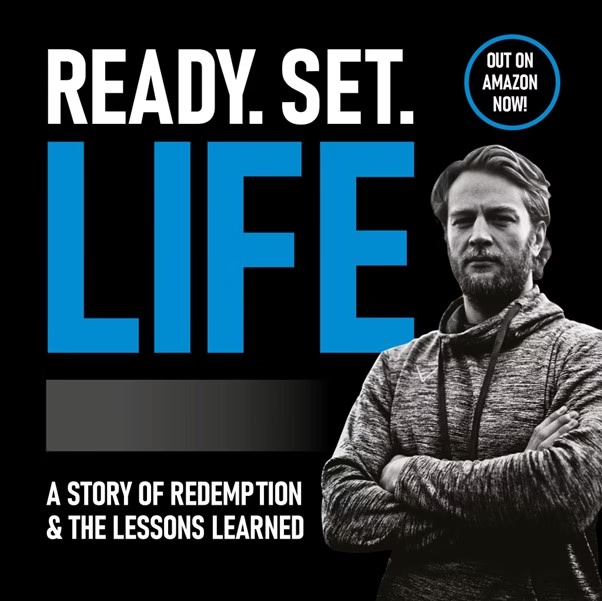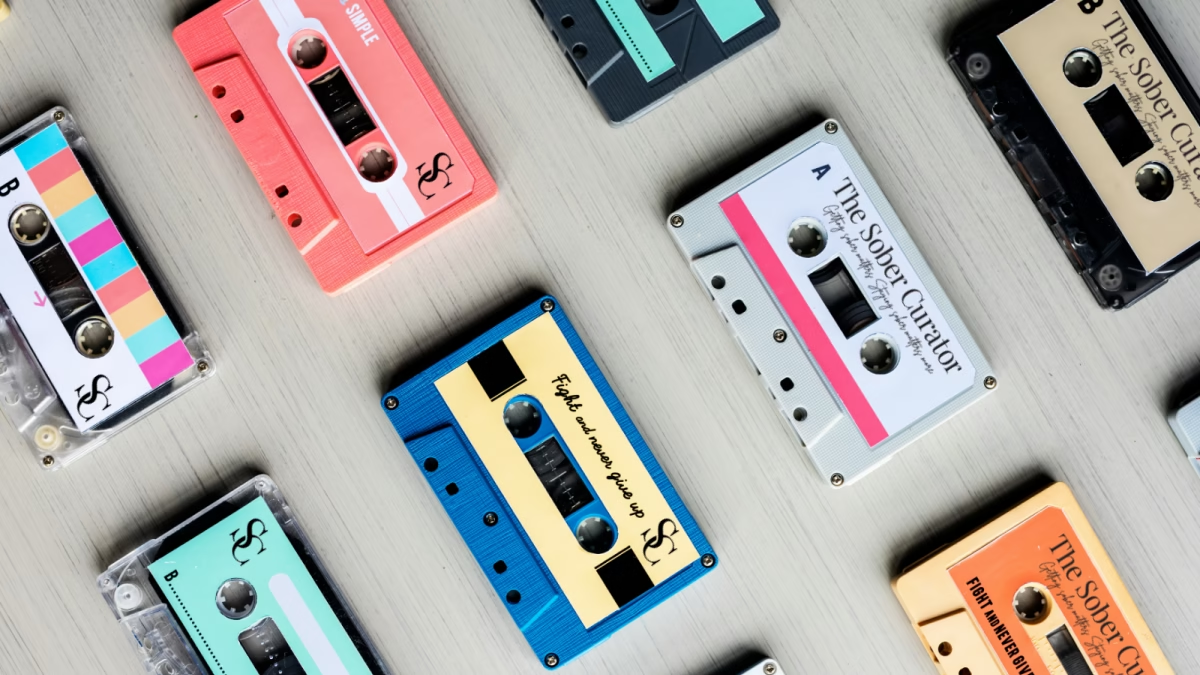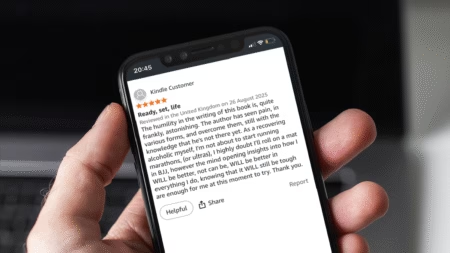
In the last few months two friends have, independently of each other, contacted me about their relationship with alcohol. It’s not my place to tell someone else they do or don’t have a drinking problem, but I do feel it’s beneficial to ask them certain questions. I don’t have a definitive list, but questions like ‘Why are you drinking?’, ‘How do you feel when you’re drinking?’, ‘Are you able to stop drinking?’ and ‘Does your drinking affect other people?’ help people to paint a picture of their drinking habits, or at least get them to think about their drinking in a way they might not have before.
There are no right or wrong answers to the above but if you’re drinking to get drunk, feel out of control when you drink, can’t stop drinking and your drinking affects other people in a way that is detrimental to your relationship with them, then maybe it’s time to take stock of your behaviours.
For some context, my father has had a couple of (small) glasses of red wine pretty much every night of his life for about the last 50 years (he’s in his early 80s). But every night, he pours his second glass, pops the cork back in the bottle and puts the bottle in a little wooden coaster / holder-thing that has his name engraved in it because I got him it as a birthday present some years ago. He enjoys a glass (or two) of wine each evening but I have never seen him drunk. It is an impressive demonstration of self-control.
By comparison, when I used to open a bottle of wine, I’d finish the damned thing every time and, more often than not, open a second and finish that one too. My two friends have been experiencing similar habits, blacking out frequently and drinking to the point where their behaviour has been a source of embarrassment and grief for friends and loved ones.
Interestingly, their approach to their predicament is, in both cases, grounded in negativity. Speaking to them, similar phrases came out in our conversations, such as ‘I’m an alcoholic’, ‘I have to quit drinking’, ‘I’ve let my friends and family down’, ‘I feel like such a failure’, and the like. However, the only thing they’re failing at is recognizing the opportunity they now have.
Early in my sobriety, I was introduced to the idea of reframing such negativity, and this is an exercise I’ve run through with both of my friends. The beauty of this is that it’s ridiculously simple but incredibly powerful. For example, instead of saying, ‘I have to quit’, swapping this out for ‘I get to quit’ changes the whole dynamic of the situation. It turns a negative – feeling like you’re forever going to be missing out on something – into the positive spin that your life is going to be better for the change you’re going to make. ‘I don’t drink’ sounds a whole lot better than ‘I’m an alcoholic.’ And as for letting those around you down, if you decide to put down the booze, the chances of you behaving like an idiot and upsetting everyone are a lot less (I assume!).
Change, though, is the challenge, and it is the perception of it as a threat that is people’s downfall. There’s a whole load of evolutionary science behind why we fear change but it ultimately comes down to the uncertainty of the unknown. A million years ago it was the threat of predators or lack of food, but now it’s a lack of understanding of the potential for finding ourselves in a better situation. If your mindset is that you’re going to be worse off as a result of change, even if you know deep down that it’s going to be good for you, you’re going to resent it. You’re not going to commit to it in the long term.
Change, then, is about both recognising where you are and having a vision of where you’re trying to get to. As I write in my book, READY. SET. LIFE, the motivation of wanting to change ‘only goes so far. We also need inspiration.’
I dive into this in more detail in READY. SET. LIFE, in particular with a performance coach who outlines his three-step process for change. Where you are is the motivation (the Push) – you have enough of a reason to not want to be there any more – but you can’t successfully, without eventually falling back into old habits, move forwards if you can’t identify where you’re moving to (the inspiration / the Pull). The Push and Pull have to work in tandem; one can’t succeed without the other. Lastly, you need to understand what’s going to get in your way; the barriers to achieving your goal (the Resistance). In the case of putting aside the booze, it might be social gatherings where you’ll be tempted to drink, celebrations like birthdays, stressful times at work, personal grievances … the list goes on.
All of this comes down to arming yourself with the right tools. I believe in the power of a positive mindset in most – if not all – situations, and with the attitude that you want to move in a particular direction, rather than feeling like you’re forcing yourself to do so, you really can achieve anything.

Your Go-To Guide for All Things Recovery & Sober Living

The Sober Curator’s PILLAR Content Hub is your one-stop guide for sobriety resources, addiction recovery resources, and sober living tips. From non-alcoholic drink guides to sober travel, entertainment, and lifestyle inspiration, our curated cornerstone articles are regularly updated to keep you informed, inspired, and connected. Whether you’re in recovery, sober curious, or supporting someone you love, this hub offers the sober lifestyle guide you’ve been looking for.

TSC LIBRARY: Welcome to The Sober Curator Library! We don’t just read books; we immerse ourselves in literary journeys, tune in on Audible, and craft insightful reviews. Our digital shelves are organized into four genres: #QUITLIT, Addiction Fiction, Self-Help, and NA Recipe Books.
You’ve got mail from The Sober Curator

Resources Are Available
If you or someone you know is experiencing difficulties surrounding alcoholism, addiction, or mental illness, please reach out and ask for help. People everywhere can and want to help; you just have to know where to look. And continue to look until you find what works for you. Click here for a list of regional and national resources.






